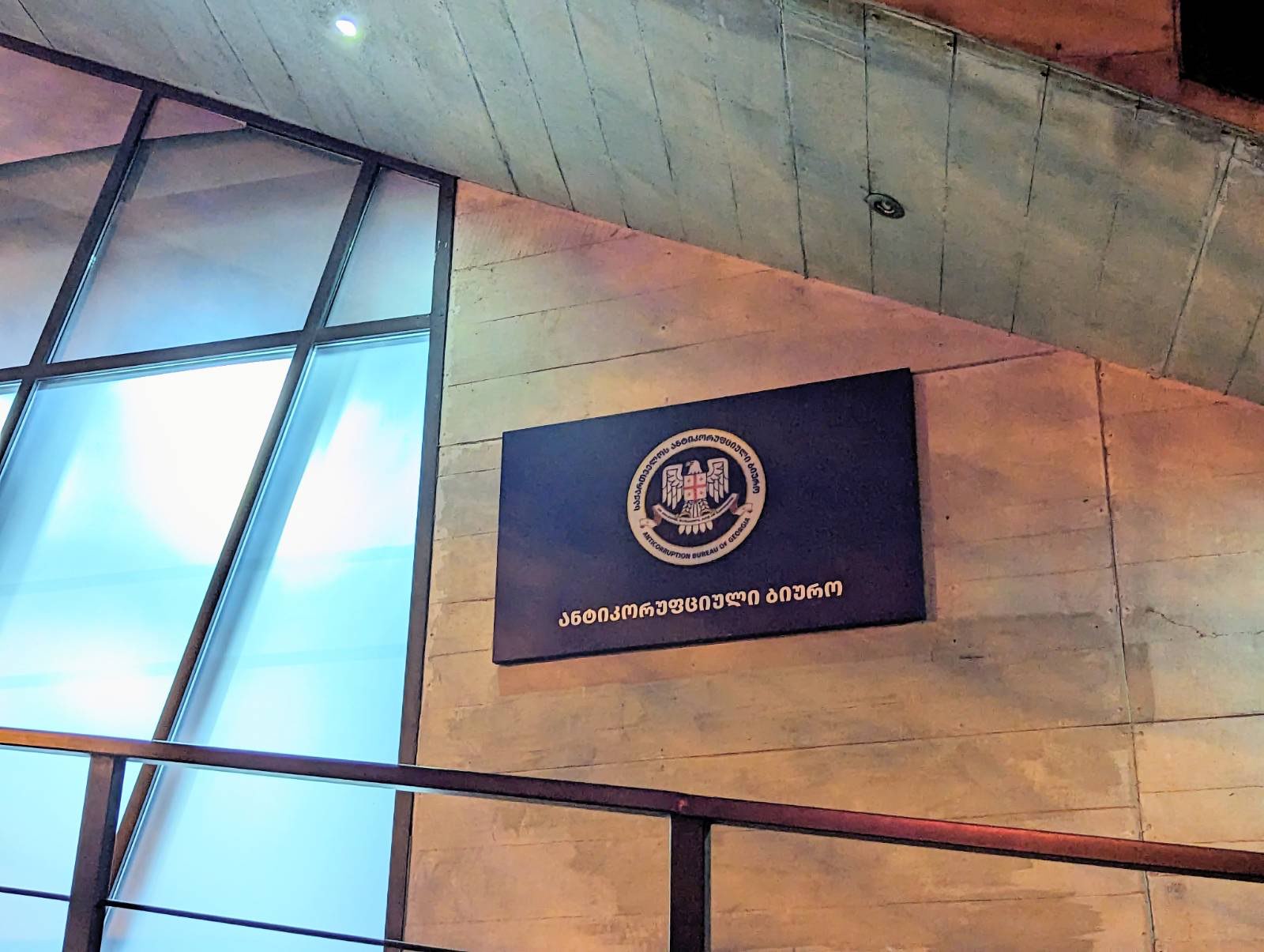The Anti-Corruption Bureau will be abolished on March 2, 2026, and its functions will be transferred to the State Audit Office, the disputed Parliament’s Speaker Shalva Papuashvili announced during a November 17 briefing.
According to Papuashvili, the Personal Data Protection Service will also be abolished on the same date, with its functions likewise transferred to the State Audit Office.
Citing the need to review and consolidate institutional models that he said had long existed in a “fragmented or externally imposed form,” Papuashvili noted, “Our goal is to reinforce the constitutional framework of the governance system and optimize the use of state resources.”
“Fighting corruption is one of the government’s top priorities,” Papuashvili asserted. “In recent months, a number of important steps have been taken in this direction. The process has involved the Government Administration’s Efficiency Department, the State Audit Office, the State Security Service’s Anti-Corruption Agency, and the Prosecutor’s Office.”
Stating that the Anti-Corruption Bureau’s work includes “collecting and monitoring the asset declarations of public officials, political parties and non-governmental organizations,” Papuashvili said these functions “fit better within the State Audit Office, as a higher and more independent constitutional body.”
“Under the [legislative] initiative, the Anti-Corruption Bureau will be abolished on March 2, 2026, and all of its functions will be transferred to the State Audit Office,” he said, adding that the same applies to the Personal Data Protection Service.
The Speaker also said the Ministry of Economy will absorb the Business Ombudsman’s Office on January 1, 2026, a move Papuashvili argued would “ensure a more operational response to business needs and better coordination at the political level.”
“Overall, these changes will bring the governance system in line with the institutional framework defined by the Constitution, optimize state resources by roughly GEL 20 million, simplify structural functions, create clearer lines of responsibility, and ensure more effective management,” Papuashvili concluded.
The Anti-Corruption Bureau was created in 2022 as part of the fourth recommendation issued by the European Commission for Georgia to obtain EU candidate status. Its head, Razhden Kuprashvili, was appointed by then-Prime Minister Irakli Garibashvili in a process widely criticized by local civil society groups and international bodies for lacking safeguards for independence. Razhden Kuprashvili has remained in the post since and is broadly seen as loyal to the ruling party.
The Venice Commission has repeatedly warned that the Bureau’s institutional design did not ensure a sufficient degree of independence.
The Anti-Corruption Bureau has recently targeted dozens of CSOs with repeated inspection requests issued under several controversial laws. Civil society organizations say the Bureau has been weaponized by the ruling party to pressure civic groups while remaining blind to holding those in power accountable.
Also Read:
- 03/10/2025 – Anti-Corruption Bureau Expands Crackdown to Media, Activists
- 22/09/2025 – Dozens of CSOs Report New Inspections Under Amended Law on Grants
- 27/08/2025 – Authorities Freeze Bank Accounts of Seven NGOs in ‘Sabotage’ Criminal Probe
- 18/06/2025 – Five Organizations Report Being Inspected Under “Russian Laws”
- 01/11/2022 – TI – Georgia: Anti-Corruption Bureau Proposal Fails to Meet EU Recommendation
This post is also available in: ქართული
